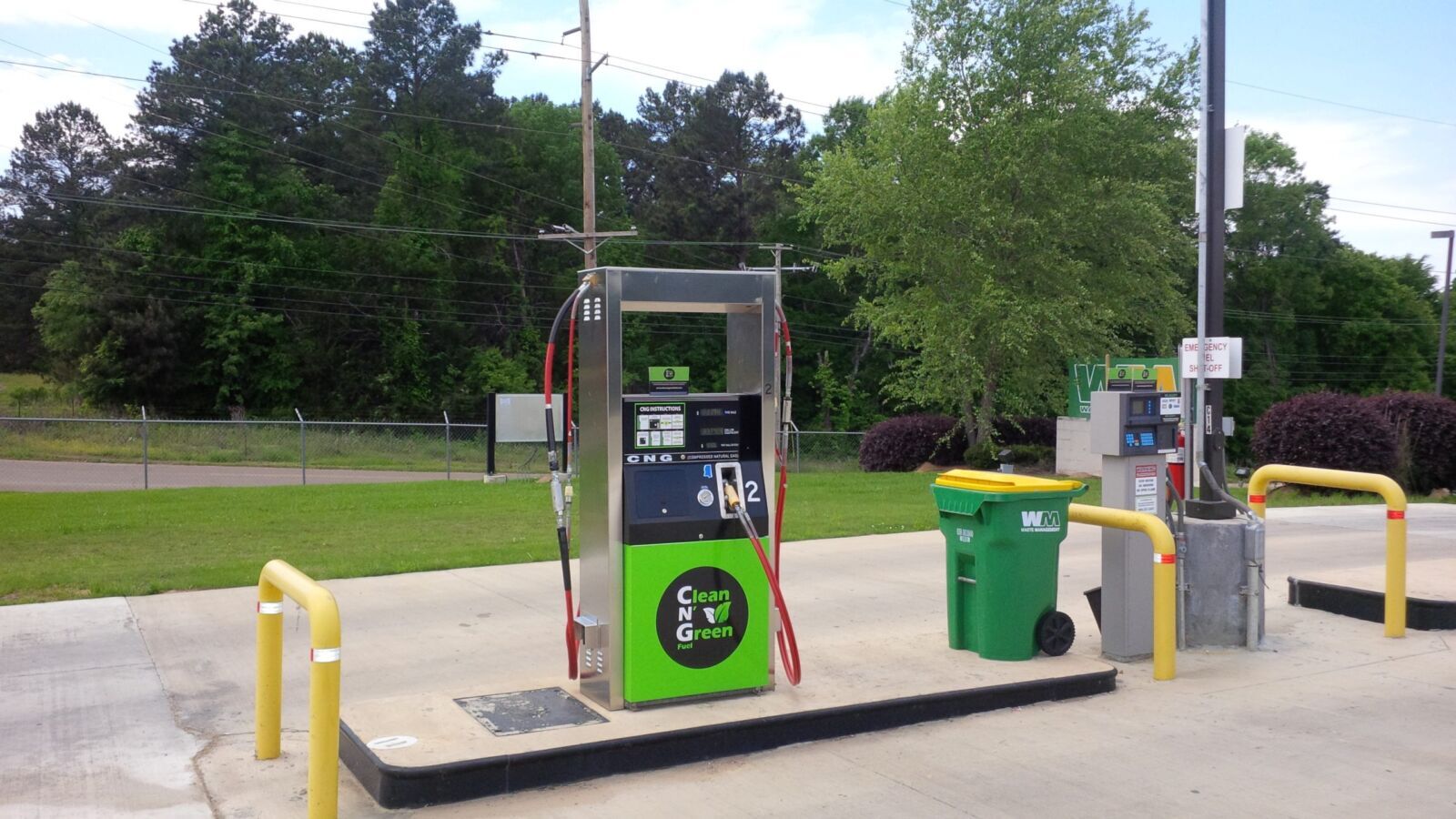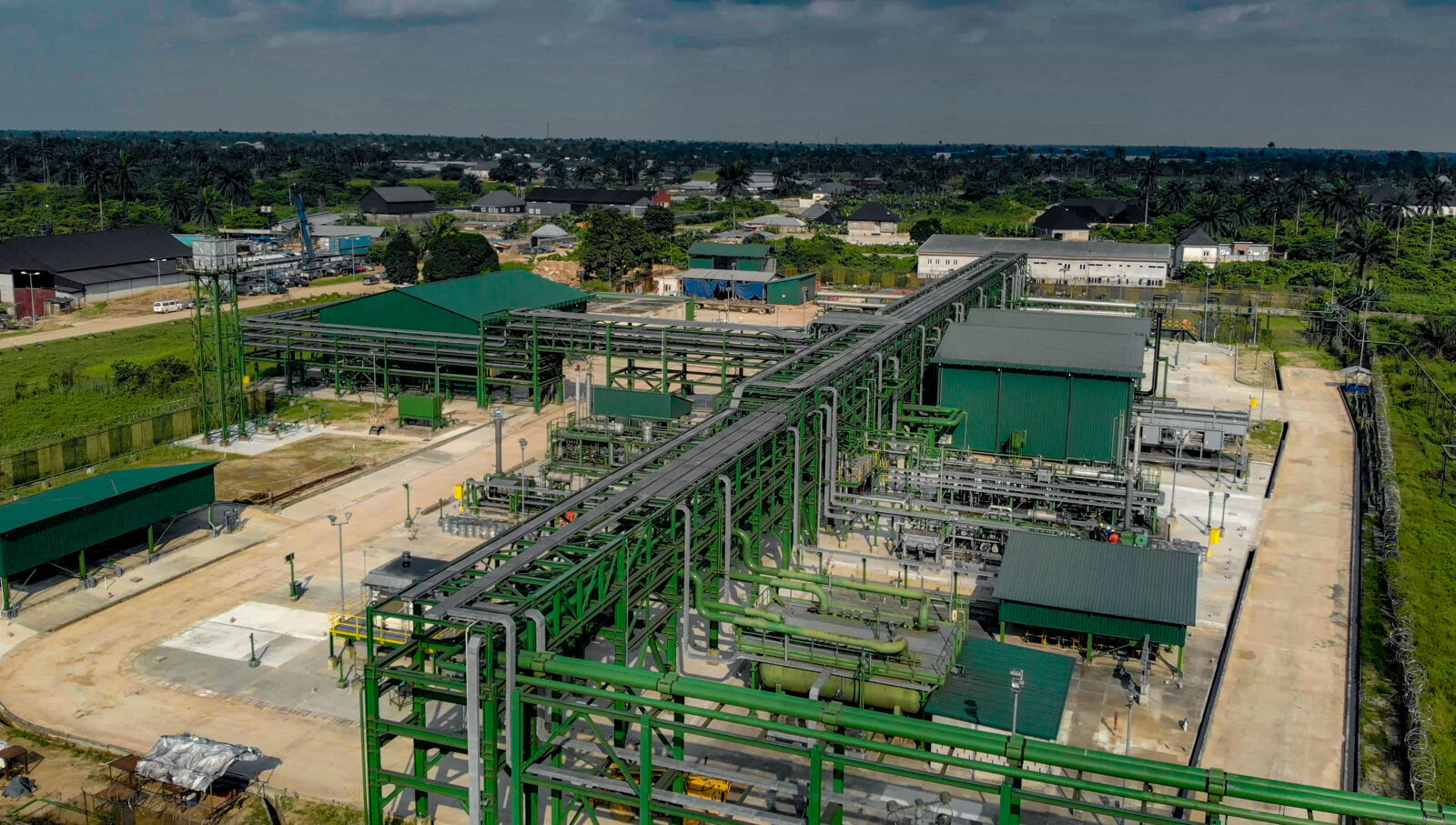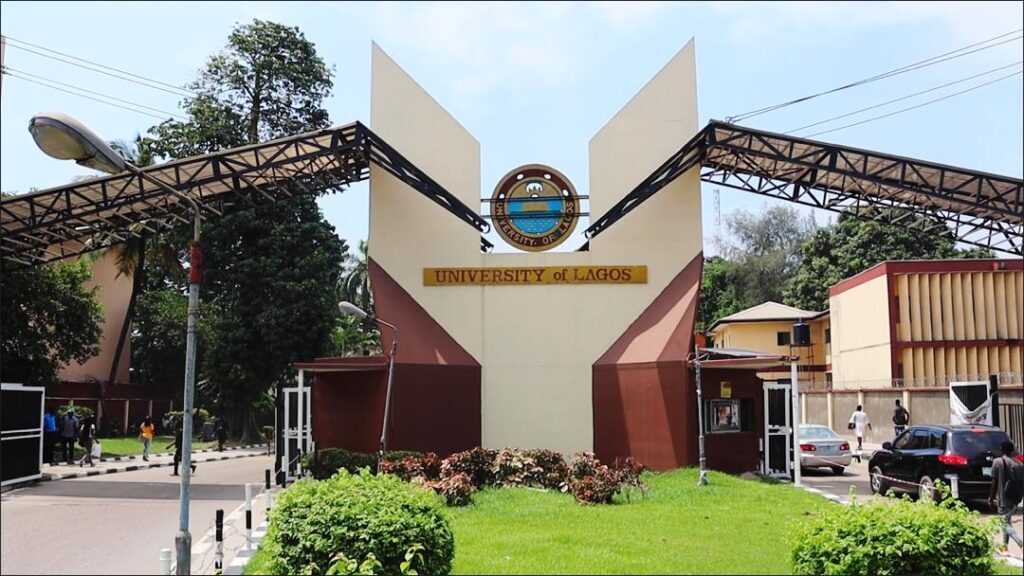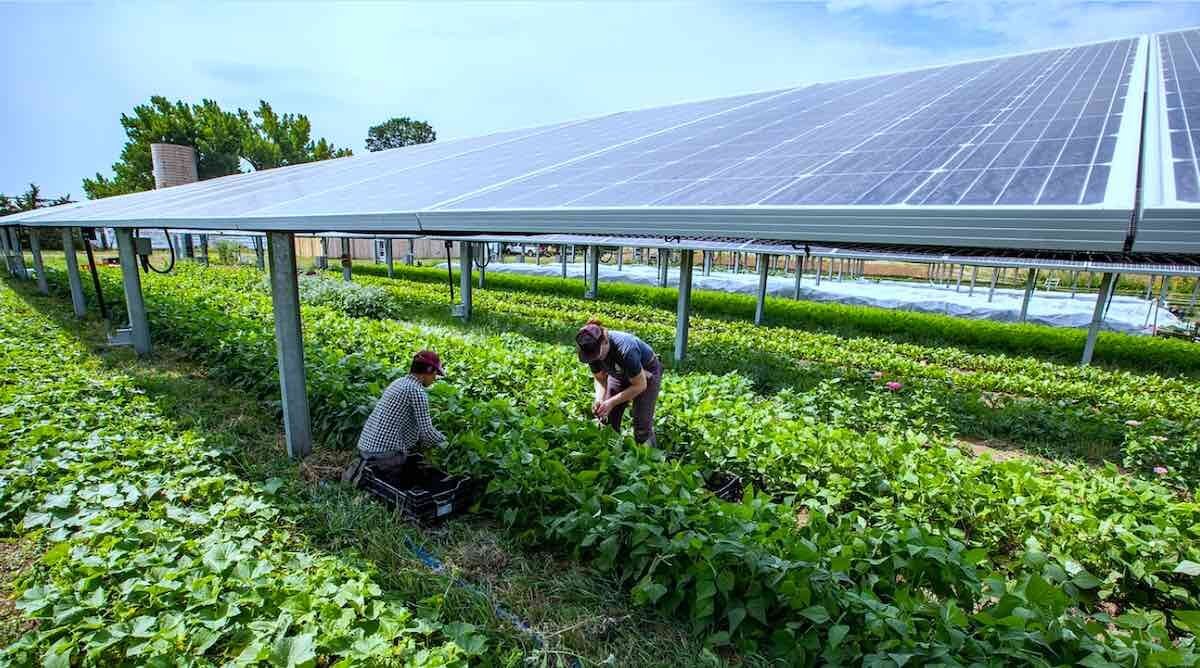Nigeria's ambition to build inclusive, safe and resilient cities under Sustainable Development Goal 11 is faltering, with new evidence from Osun State revealing deep structural failures.
Weak governance, chronic underfunding, corruption, and fragmented planning have stalled progress, leaving communities without basic infrastructure.
This exclusive analysis unpacks what went wrong, why SDG 11 matters, and what Nigeria must do to avert an urban development crisis by 2030.
Cities at a Breaking Point
Nigeria stands at a pivotal crossroads. As the global deadline for the Sustainable Development Goals approaches, the country's urban centres, once projected to power national development, face worsening pressure. SDG 11, which promises inclusive, safe, resilient and sustainable cities, has instead become a mirror reflecting decades of policy neglect.
A study from Osun State, a microcosm of Nigeria's urban challenges, exposes stark failures in planning, governance and resource allocation. From inadequate housing to unreliable transport systems, poor data systems and worsening slum expansion, the report reveals a reality far removed from the aspirations of the 2030 Agenda.
Our opinion feature analysis draws on the study's findings and applies the Sustainable Stories Africa AIDAP framework to provide insights into where Nigeria went off track, why implementation stalled, and the bold structural shifts required for cities to work not just for policymakers, but for citizens whose daily lives depend on functioning systems.
The Alarming Truth Behind Nigeria's Urban Sustainability Crisis
By 2030, over 5 billion people will live in cities, and Nigeria will host one of the largest urban populations on the African continent. Yet, as the Osun State SDG 11 analysis reveals, the infrastructure required to support this shift is dangerously underdeveloped.
The headline findings are stark:
- 89.6% of respondents cited a weak economy as the top barrier.
- 89.5% identified corruption as a major obstacle.
- 88.1% flagged funding deficits.
Critical services, such as water, sanitation, transportation and housing, are failing across local governments.
Worse still, residents reported near-zero progress on renewable energy, integrated urban planning, sustainable transport, or slum eradication, which are core SDG 11 indicators.
Interviewed local government chairmen corroborated these gaps, noting the absence of strategic plans, weak intergovernmental coordination, and persistent financial bottlenecks.
Understanding the Governance Gaps Driving SDG 11 Failures
The study breaks down how institutional, political and socioeconomic weaknesses prevent sustainable cities from emerging.
Nigeria did not begin SDG implementation until 2017, two years behind global peers and progress since then has been uneven.
Key Implementation Gaps Identified
- Poor coordination between federal, state and local governments.
- Lack of dedicated SDG 11 legislation.
- Weak urban planning frameworks.
- Reliance on informal transport dominated by unions (NURTW/RTEAN).
- Limited renewable energy penetration.
- Inconsistent housing projects with no long-term strategy.
Reported Progress on SDG 11 Indicators (Osun State)
| SDG 11 Indicator | Residents Agreeing Progress Exists | Residents Disagreeing | Status Summary |
|---|---|---|---|
| Renewable energy for public services | 20.6% | 78% | Very Low Progress |
| Stable electricity & water supply | 20.6% | 76.5% | Critical Deficit |
| Slum reduction initiatives | 22% | 76.5% | No Visible Progress |
| Sustainable transport systems | 33.8% | 63.2% | Weak/Informal Only |
| Integrated urban planning | 35.3% | 44.1% | Inconsistent |
| Strategic structure planning | 28% | 51.5% | Weak Governance |
| Social inclusion policies | 41.2% | 44.1% | Uncertain |
| Climate resilience | 37.3% | 46.3% | Fragmented |

What Nigeria Gains If SDG 11 Succeeds
The prize is enormous. If Nigeria strengthens its governance systems, funds its urban plans, and builds competence at the state and local levels, it could reverse decades of decline.
Potential National Benefits
- Reduction of slum populations and urban poverty.
- Lower disaster vulnerability through climate-resilient planning.
- Safer, more functional transport networks.
- Stronger economic activity via productive, well-managed cities.
- Housing security for millions.
- Greener, healthier public environments.
What SDG 11 Could Deliver
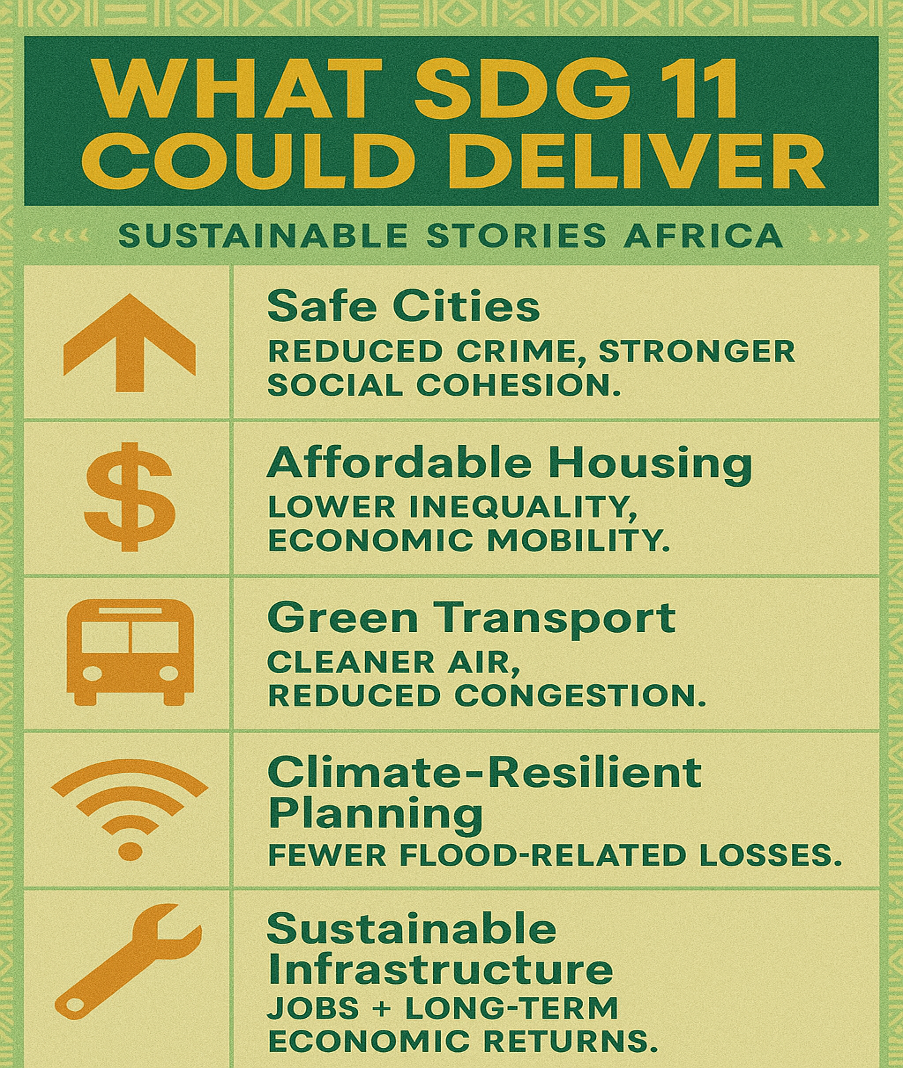
Nigeria's leap forward depends on political will, and the study's insights serve as a warning. Without urgent action, the country risks compounding existing failures that already leave millions vulnerable.
The Structural Shifts Nigeria Must Implement Now
The findings make one thing clear: SDG 11 will not succeed under the current governance structure.
Five Critical Actions Needed Immediately
- Create a national SDG 11 law – Mandate sustainable transport, housing, urban planning, environmental goals and measurable indicators for all 36 states.
- Reform Nigeria's intergovernmental coordination system – Define clear roles for federal, state and local governments with binding responsibilities.
- Allocate dedicated funding for SDG 11 annually – Ring-fenced budget lines + domestic/foreign partnerships are essential.
- Enforce accountability and anti-corruption measures – Third-party audits, community monitoring, and transparent procurement systems are non-negotiable.
- Invest in urban data systems and technical manpower – Without data, cities cannot plan. Without skilled planners, plans cannot succeed.
Nigeria has an 11-year deficit in its SDG 11 progress. Recovering that ground requires an emergency approach, not business as usual.
Path Forward – Building Cities That Finally Work
Nigeria's path forward hinges on political courage and strategic investment. Strengthening intergovernmental coordination, prioritising urban planning, and establishing dedicated SDG 11 legislation are essential to accelerate progress.
With robust funding, anti-corruption systems, and data-driven planning, the country can reverse the stagnation highlighted in Osun State's findings.
If Nigeria institutionalises SDG 11 targets, empowers local governments, and strengthens monitoring frameworks, it can build inclusive, safe and resilient cities that meet global standards.


